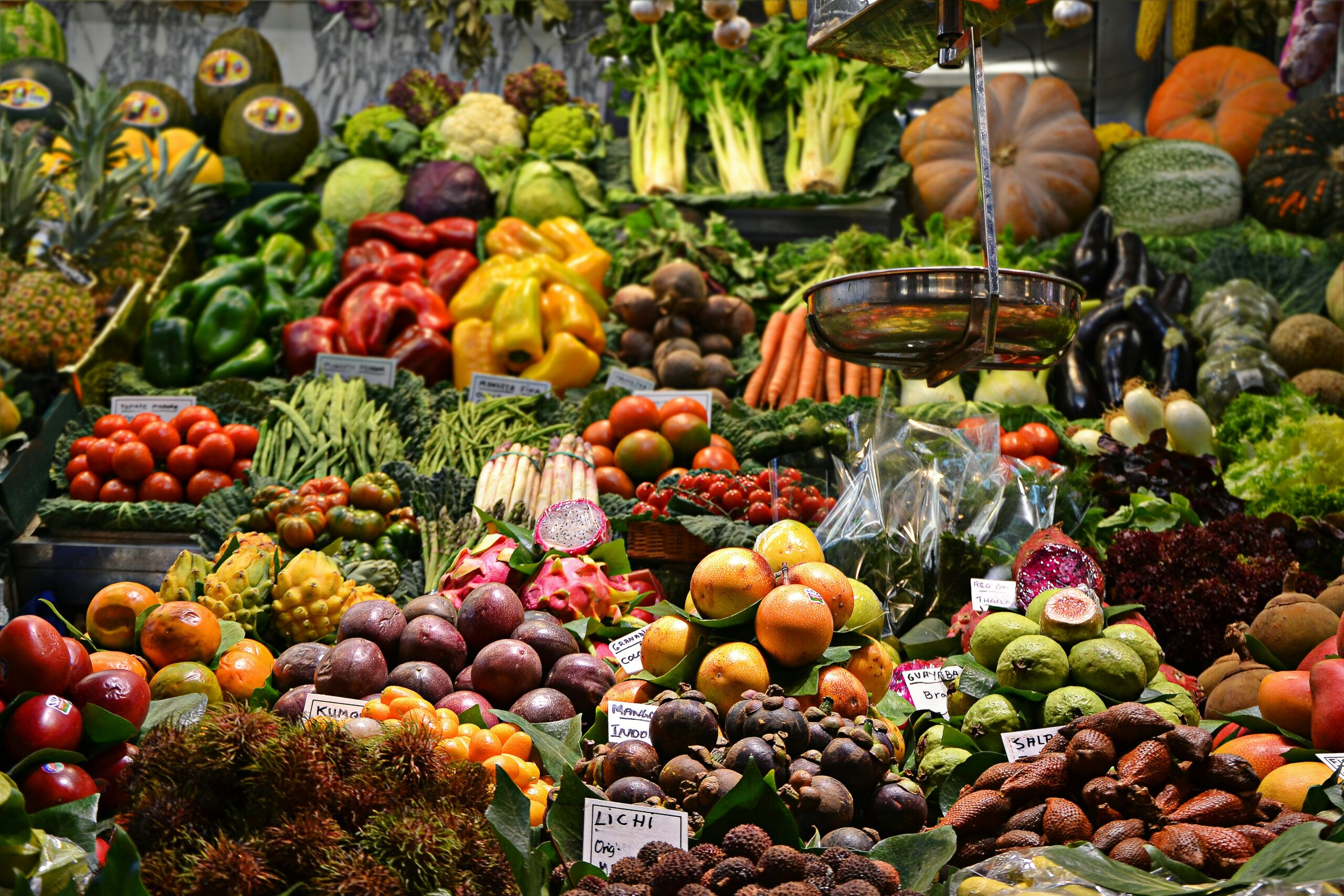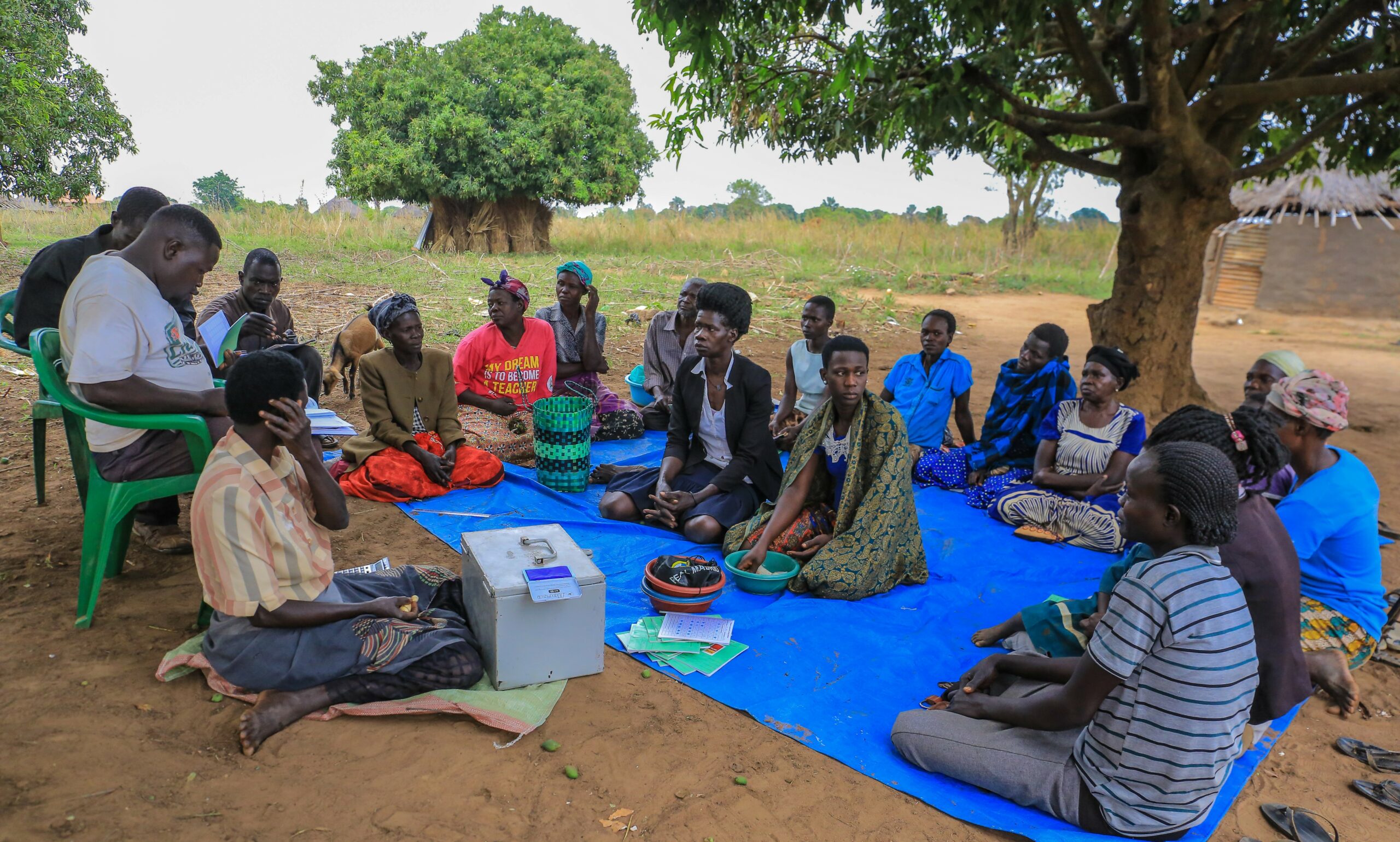
Sustainable Agriculture Initiatives
To promote sustainable agriculture, we Provide Agricultural extension serivices and training to farmers on climate smart agriculture techniques especially soil management, crop rotation, and pest control. Farmers learn techniques to assess soil health through soil testing, which helps identify nutrient deficiencies and apply the right fertilizers. The trainings also covers organic farming and conservation tillage, emphasizing the use of Organic fertilizers like compost and minimizing soil disruption to maintain soil fertility and reduce erosion. Crop rotation education focuses on alternating crops such as legumes and cereals to replenish essential nutrients and manage pests and diseases, enhancing soil health and crop yields. Farmers receive guidance on integrated pest management (IPM) techniques that minimize chemical use, including biological control methods like introducing natural predators and cultural practices such as proper crop spacing. Organic pesticides are recommended to reduce reliance on synthetic chemicals, fostering a healthier and more sustainable farming environment. Our demonstration plots play a crucial role in promoting climate-smart agriculture by providing farmers with hands-on experience in sustainable farming practices. These plots allow farmers to observe and compare traditional methods with innovative techniques, such as drought-resistant crops and water-saving irrigation systems, Agroforestry practices, where trees are integrated with crops, are demonstrated to reduce soil erosion and enhance biodiversity. Water conservation methods, including rainwater harvesting and drip irrigation, are highlighted to show how to use water efficiently. The success of these demonstration plots builds farmers' confidence and encourages the broader adoption of climate-resilient farming practices in their communities.

Market Access & Value Chains
Access to markets is crucial for the success of smallholder farmers, and PICOT’s initiatives aim to connect farmers with local and regional markets while improving their bargaining power. Farmers are trained to conduct market research and analysis, enabling them to understand market demand, prices, and consumer preferences. This knowledge helps farmers plan their production cycles better and sell their products at competitive prices. Additionally, digital platforms provide real-time market information, further enhancing farmers’ ability to make informed decisions. To strengthen farmers’ market position, PICOT supports the formation of cooperatives. These groups allow farmers to pool their resources, purchase inputs in bulk, and negotiate better prices for their products. Cooperatives also facilitate the development of value-added activities, such as processing and packaging, which increase the market value of agricultural produce. By integrating farmers into the agricultural value chain, PICOT ensures that they not only produce efficiently but also benefit from improved post-harvest handling, processing, and distribution.

Financial Inclusion
Financial inclusion is vital for empowering smallholder farmers to invest in their farms and improve productivity. PICOT partners with financial institutions to create affordable agricultural financing options that align with the specific needs of farmers. These partnerships result in tailored loan products, such as seasonal loans, which offer flexibility in repayment, aligned with harvest cycles. PICOT also advocates for crop insurance and weather-based insurance products, which help farmers mitigate risks associated with climate change and crop failure. In addition to facilitating access to credit, PICOT provides farmers with essential training in financial management. Farmers learn basic record-keeping practices, which help them track their income, expenses, and profits. Budgeting and investment planning are also key components of the training, enabling farmers to make informed decisions on how to allocate resources. PICOT further promotes the establishment of Village Savings and Loan Associations (VSLAs), allowing farmers to save and access funds locally. These community-driven financial solutions provide farmers with greater control over their finances, fostering economic empowerment and sustainability.
